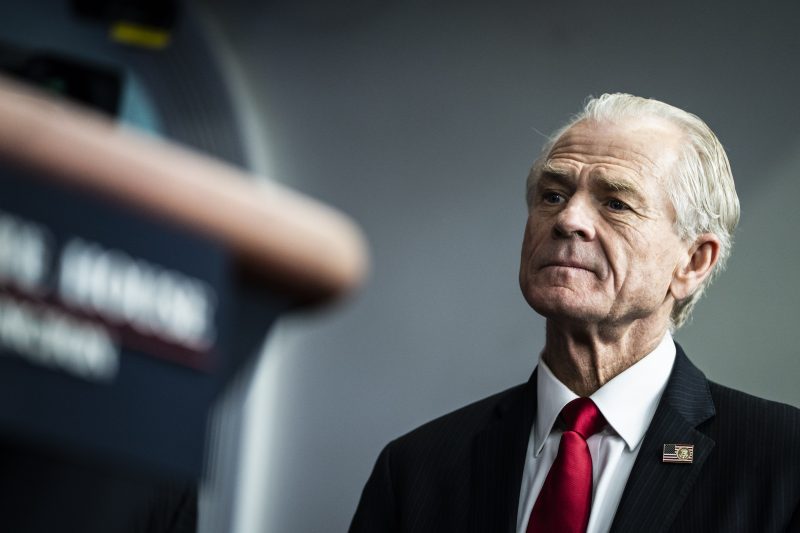In an unprecedented turn of events, former Trump aide Peter Navarro is making a bold move in his legal battle by petitioning the Supreme Court to prevent his incarceration. The case against Navarro has raised numerous legal questions and sparked public interest in the intricacies of executive privilege and governmental transparency.
Navarro’s plea to the highest court in the land comes as a last-ditch effort to avoid serving a prison sentence for his involvement in the events leading up to the Capitol riot. The former advisor’s legal team argues that his actions were within the scope of his official duties and protected under executive privilege. This assertion raises crucial questions about the limits of executive authority and the accountability of government officials.
One of the key issues at play in Navarro’s case is the interpretation of executive privilege. The concept of executive privilege is grounded in the idea that certain communications and information between the president and his advisors should be shielded from disclosure in order to preserve the confidentiality of deliberative processes. However, the extent and scope of this privilege have been hotly debated throughout American history, with some arguing that it should not be a blanket shield against accountability.
The Supreme Court will now have to weigh the competing interests of transparency and the protection of executive branch confidentiality in Navarro’s case. While it is crucial to safeguard the ability of officials to engage in candid discussions without fear of public scrutiny, it is equally important to ensure that no one is above the law. The outcome of this case will likely have far-reaching implications for the balance of power between the branches of government and the accountability of public officials.
Navarro’s decision to take his case to the Supreme Court reflects the high stakes involved and the complexity of the legal issues at hand. Regardless of the outcome, this case serves as a reminder of the importance of upholding the rule of law and ensuring that those in positions of power are held accountable for their actions. As the legal battle unfolds, all eyes will be on the Supreme Court to see how they navigate the delicate balance between executive privilege and governmental transparency in this unprecedented case.



























